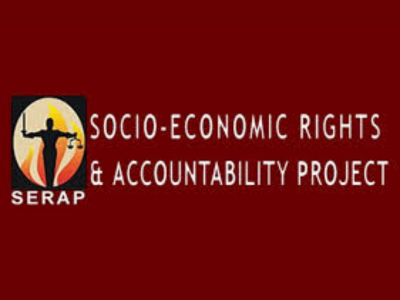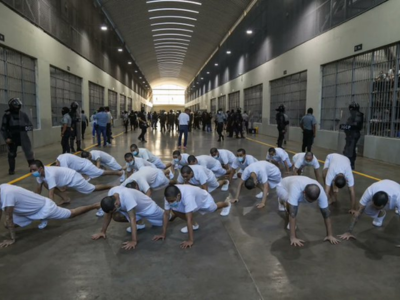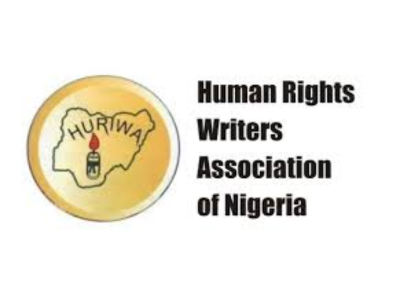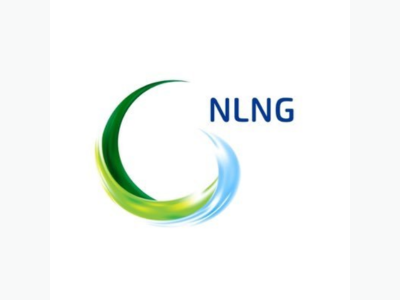SERAP Demands NNPCL Explain Alleged Missing N22.3bn, $49.7m in Oil Funds
- by Editor.
- Oct 26, 2025

Credit: Freepik
Nigeria’s state-owned oil company, the Nigerian National Petroleum Company Limited (NNPCL), is under renewed scrutiny after the Socio-Economic Rights and Accountability Project (SERAP) demanded a full accounting of allegedly unremitted funds flagged in a recent federal audit. The watchdog group has given NNPCL seven days to respond or face legal action.
In a letter dated October 25, 2025, SERAP called on NNPCL Group CEO Bayo Ojulari to explain discrepancies involving N22.3 billion, $49.7 million, £14.3 million, and €5.2 million, as detailed in the Auditor-General’s September 9 report on the company’s 2022 accounts. The group accused NNPCL of “grave violations of public trust,” urging the identification and prosecution of those responsible, and full recovery of the funds.
“These grim allegations suggest a grave violation of public trust, the Nigerian Constitution, anti-corruption laws, and the country’s international obligations,” wrote SERAP deputy director Kolawole Oluwadare.
Among the flagged transactions were:
- A N292 million unexecuted contract for an emergency facility in Abuja
- £14.3 million in undocumented repairs to a London office
- A questionable $22.8 million crude lifting payment
The Auditor-General warned that the funds “may have been diverted or misappropriated.”
NNPCL, which reported N22.59 trillion in revenue from January to September 2025—120 percent of its target—has not yet issued a public response. The controversy comes amid broader concerns over Nigeria’s fiscal health, with national debt surpassing N121 trillion and borrowing embedded in budget planning.
Adedeji, head of the Federal Inland Revenue Service, recently defended continued borrowing despite record tax collections, arguing that revenue shortfalls still necessitate loans. SERAP countered that recovering the missing oil funds could reduce deficits and finance essential services for the 133 million Nigerians living in poverty.
The case adds to a string of oil sector scandals, echoing probes like South Africa’s Zondo Commission and Nigeria’s own “ways and means” loan investigations. SERAP cited Section 15(5) of the 1999 Constitution and international anti-corruption treaties in its appeal, stating: “Had NNPCL remitted these monies, borrowing would drop, and services would improve.”













0 Comment(s)